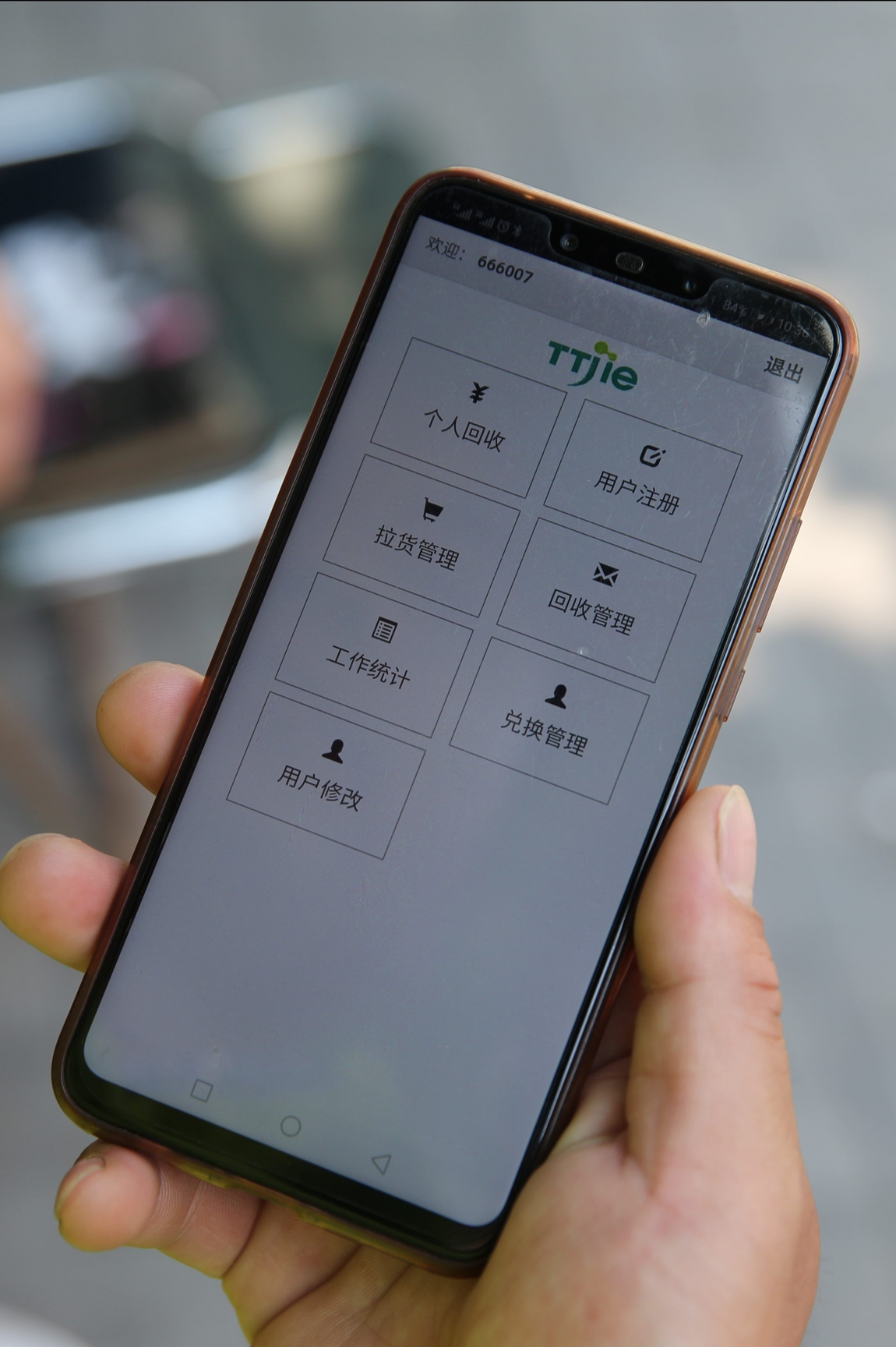Technology helps to clean up a dirty business


Improved efficiency
Compared with traditional garbage collection methods, which depended on "guerrilla" collectors touting for business, internet-facilitated services have greatly improved efficiency.
Before, garbage had to be traded four to five times before it reached the processors, but by using the company's latest model, the trash goes to the processors directly after it is collected, Xu said.
AiFenLei's 60 collectors can each deal with 30 to 50 orders a day. Their efficiency will improve as the number of orders rises, because the higher the number of sellers, the more concentrated they will be in certain areas, meaning collectors will spend less time traveling, he added.
He also plans to incorporate more services into the company's business.
For example, garbage collectors currently set out empty-handed, but in the future they may use their outbound journeys to deliver items that residents along the route have bought online.
A change in the frequency of orders from seniors, which is easy to calculate via the internet platform, could also alert the company that they may have suffered an accident.
Moreover, the collection agents may build time into their journey to chat with older residents, providing companionship for seniors who spend a lot of time on their own.
"We want to develop the company into one that improves public welfare. However, we will not be like traditional NGOs that rely on the government purchasing their services. We want to make profits, because they are the lifeblood that will allow us to sustain ourselves," Xu said.
- New plan to boost fight against hepatitis
- Ancient find reveals secrets of lamp fuels
- China sees return travel rush as National Day holiday comes to end
- China to see rainfall, temperature drop
- Ancient grottoes in Southwest China survive, thrive via innovative measures
- Macao sees tourism boom during National Day, Mid-Autumn Festival holidays





































